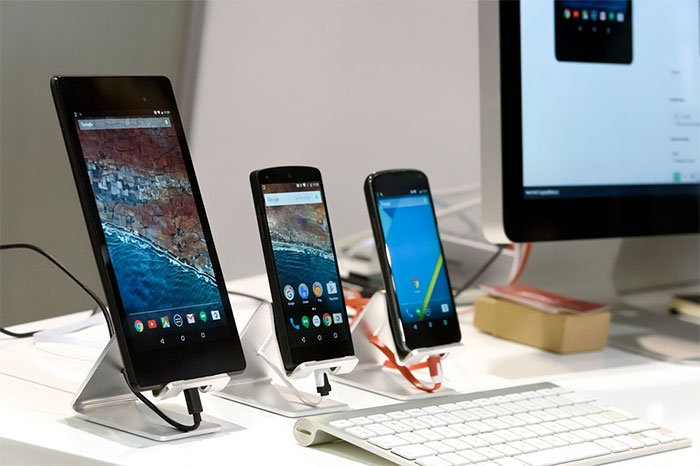Google To Infuse Android With Web Browser Ballot Screen To Appease EU Antitrust Regulators

The European Commission does not mess around when it comes to slapping tech firms with hefty fines, if and when a company is found to be violating antitrust laws. Google knows this as well as any firm—the European Union levied a gargantuan $5 billion fine over Android abuses last year, and specifically in regards to smartphone makers being forced to pre-install Google Search and Chrome to gain access to other apps. As perhaps a preemptive move to avoid another big penalty, Google announced a key change it is making to Android.
In an effort to "do more to ensure that Android phone makers know about the wide choice of browsers and search engines available" for their for phones, Google plans to ask new and existing Android users which browser and search app they would like to use.
This decision is a direct result of the $5 billion fine Google got hit with in 2018.
"After the Commission’s July 2018 decision, we changed the licensing model for the Google apps we build for use on Android phones, creating new, separate licenses for Google Play, the Google Chrome browser, and for Google Search. In doing so, we maintained the freedom for phone makers to install any alternative app alongside a Google app," Google said.
This change only applies to Android users in Europe, and not anyone in the United States or other parts of the world. In essence, Google is looking to avoid another huge fine, rather than having some epiphany about the need for users to be better informed about their choice of search and browsing apps.
The move is reminiscent of a tiff between Microsoft and the European Commission a decade ago. At the end of 2009, Microsoft agreed to provide a browser ballot screen to Windows users in Europe when setting up a new PC. The European Commission felt that shoving Internet Explorer down users' throats was anti-competitive, and it was prepared to issue a hefty fine against Microsoft.
Interestingly enough, Microsoft was ultimately penalized around $732 million at a later date anyway, because the browser ballot screen failed to appear with Windows 7 Service Pack 1 for 14 months. Microsoft called it a "technical error," but such things hardly matter to the European Commission.
Google would very much like to avoid a similar outcome, and so users can Europe can soon expect to see a message asking what browser and search apps they would like to use.

